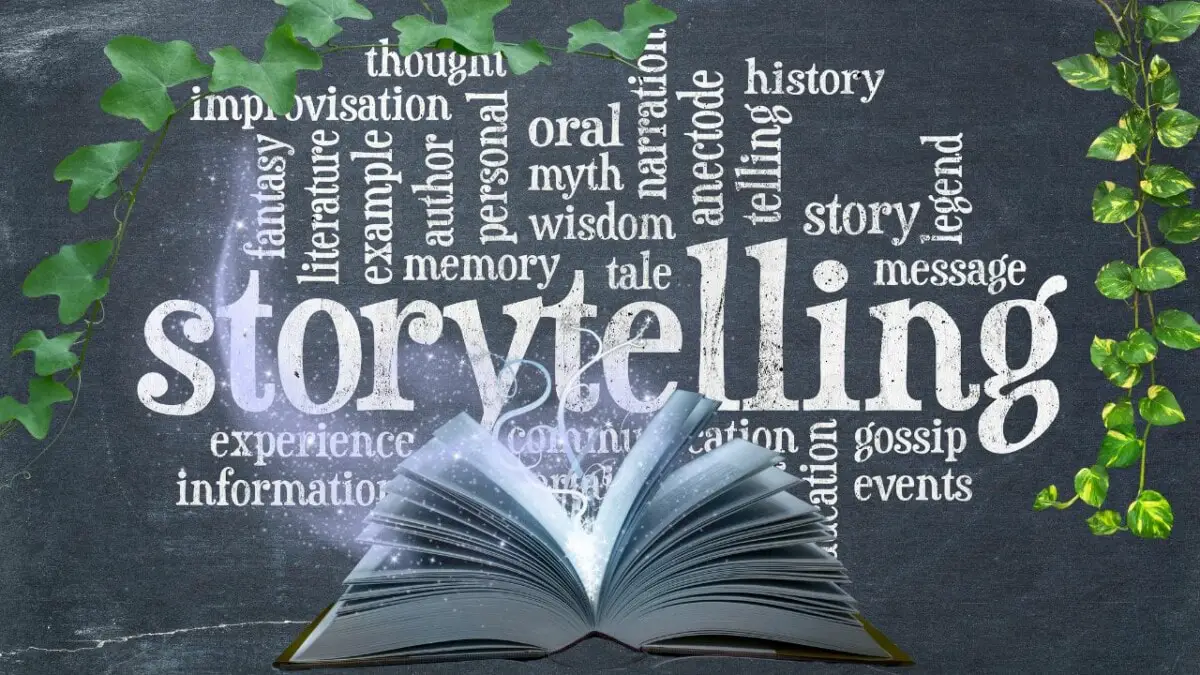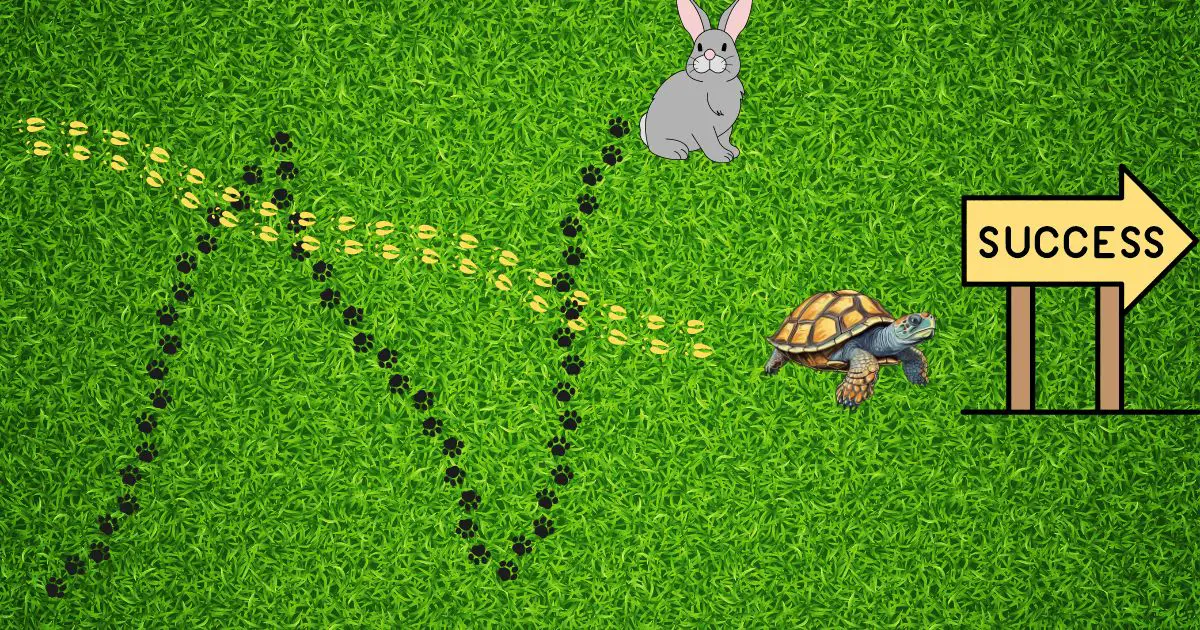Individuals often seek self-improvement and find solace in literature. They frequently ask if reading can substantially bolster essay-writing skills. This blog post is designed for an in-depth exploration of this query and aims to offer insights supported by rigorous research. Delving into the correlation between reading and essay writing we uncover literature’s transformative power and its potential to inspire positive change in individuals who confront personal as well as life challenges.
Reading undoubtedly improves writing skills as the two are closely related. A book author needs to revisit their writing to catch errors that may have been overlooked. By doing so, the author can enhance their writing ability by correcting grammar and identifying errors that were not apparent before. This is why reading plays a crucial role in improving writing skills in many ways.
The Cognitive Connection – How Reading Influences Writing

Cognitive Benefits of Reading
Research by the National Center for Biotechnology Information (NCBI) underscores that regular reading is beyond merely decoding words on a page. It profoundly impacts cognitive functions. It fosters neural pathway stimulation. This not only enhances analytical and critical thinking abilities but also cultivates an extensive toolkit for effective communication through writing. Akin to a vigorous mental gym workout, this neurological exercise cultivates enduring enhancements in cognitive dexterity.
Besides the scientific perspective, you must consider that reading’s cognitive benefits appear uniquely in each individual, presenting a diverse array of forms. Enhanced problem-solving skills may surface for some. Others might witness improved memory retention. The elegance resides in how personal this cognitive enrichment is. Readers identify distinct mental strengths and leverage them to bolster their essay writing ability.
Transferability to Writing Skills
Elaborating on the cognitive benefits, we find that skills transfer from reading to writing is not just a simple transference. It’s much more. Psychologist Keith Oatley’s work underscores an intricate link between narrative engagement and crucial essay-crafting elements’ development. This is a connection far beyond mere correlation.
The empathy and emotional intelligence fostered through engaging with narratives, indeed offer fertile soil for nuanced storytelling in essays, an impactfully potent ground where words bloom with resonance. The focus extends beyond mere skill transfer. It encapsulates a transformative process, one that weaves storytelling’s essence directly into the fabric of your writing style.
Successful writers, who attribute their ability to resonate with diverse audiences to voracious reading habits, demonstrate observable real-world applications of this transferability beyond psychological insights. They seamlessly integrate empathy into their narratives, a transformation that elevates essays into compelling stories and resonates deeply with readers, thus surpassing the conventional boundaries of academic writing.
Impact on Vocabulary and Expression
Essay writing often celebrates an extensive vocabulary as a crucial asset. It is not simply the accumulation of numerous words. Rather, this wealth of language evolves subtly through reading. Diverse literature provides exposure to varied languages, a linguistic playground where individuals learn new terms and observe nuanced language applications within different contexts.
The multifaceted encounter with language ignites a metamorphosis. It transforms the act of writing into an intricate canvas, a space for nuanced, articulate expressions. This linguistic transformation, when explored further, does more than just enhance an individual’s capacity for effective communication. It lays the groundwork for a unique voice to develop, a signature style that sets one writer apart from others.
Particularly in essay writing, a domain where the primacy of clarity and precision in conveying ideas cannot be overstated. This distinctive voice establishes itself as not only characteristic but also indicative of proficiency and authenticity on behalf of its creator. It becomes their hallmark.
Unlocking Creativity Through Literary Exploration

Imagination as a Precursor to Effective Writing
Creativity serves as the precursor to effective writing. It is not a separate entity. Engaging with literature’s imaginative realms goes beyond leisure, we lay compelling essay groundwork through this exploration. The research underscores this connection. It unveils a positive correlation that exposure to imaginative literature fosters the development of creative thinking crucial for impactful essay composition.
The imaginative process extends beyond a mere academic understanding of creativity. It involves cultivating a mental landscape where ideas sprout, intertwine, and flourish at their most visceral level. This cultivation, initiated through literary exploration, metamorphoses the writing process. What was once seen as an arid mechanical task now evolves into a dynamic journey of relentless creative expression.

Narrative Structures and Storytelling Techniques
With its rich tapestry of narrative structures and storytelling techniques, literature trains us to craft engaging, well-structured essays. The connection between literature and essay writing extends beyond theory into practical application. Narrative elements such as foreshadowing and character development, once understood by writers serve as tools in their toolkit. They enhance these skills to captivate audiences through meticulous essay crafting.
Understanding these techniques requires an element of adaptability. Inspired by the unconventional narratives they encounter in literature, writers learn to bend and reshape traditional essay structures. Through their exploration of literature, they acquire this flexibility that breathes life into their academic writing. It ensures transcending mundane prose becomes a captivating journey for readers.
Breaking Conventions for Originality
Not merely a hallmark of great writing, challenging conventional thinking manifests as a rebellious act rooted in literature that defies norms. Often serving as provocateurs, literary works incite readers to question, reconstruct, and confront the status quo. This rebellion ignited by reading isn’t simply philosophical. Rather it represents an actual force, tangible and potent, which can be harnessed and then merged into essay writing for augmented impact.
Delving further into this transformative process, it extends beyond mere confrontation with the conventional. It involves injecting through a fearless exploration of unorthodox ideas, an author’s writing, thus deriving originality. Writers, influenced by boundary-breaking literature; muster the courage to venture into unexplored domains in their essays–constructing narratives that conspicuously rise above conformity’s vast expanse.
Emotional Intelligence – A Catalyst for Personal Growth

Empathy and Connection Through Literature
The pages of literature provide a breeding ground for emotional intelligence, which is a crucial element in effective communication. When readers immerse themselves in narratives, they go beyond merely witnessing characters’ journeys. Instead, they empathize and emotionally invest, forming powerful connections. This potent tool transforms dry academic prose into deeply resonating human-level narratives, the very essence of essay writing.
The emotional journey, extending beyond theoretical understanding, remains a personal experience. Through engaging with literature on an emotional level, readers subtly transform not through passivity but via active cultivation of empathy which subsequently illuminates their personal and academic narratives.
Personal Growth and Resilience
Life challenges do not function as roadblocks. Instead, they present opportunities for personal growth. When viewed through the lens of literature, narratives of resilience and triumph transform into inspiration beacons. These stories don’t just inspire those grappling with adversity. They cultivate a mindset that is conducive to overcoming obstacles while simultaneously enhancing one’s essay-writing capabilities.
Exploring the practical implications reveals that facing challenges head-on yields tangible personal growth. Literary exploration cultivates resilience, which then permeates the writing process and guarantees essays are more than just a reflection of academic prowess. They stand as evidence of the writer’s journey towards growth.
Reflection and Self-Discovery
Not only is reading an external exploration, but it also represents a journey within. Literature fosters introspection that transcends the surface level. As one engages in reflective reading, they tread on a path towards self-discovery which subsequently influences the authenticity and depth of their narratives in essays.
This transformative practice draws from psychological studies on self-reflection. It is not merely an academic exercise, but rather a journey to uncover the layers of one’s identity.
In the realm of essay writing, self-discovery at this depth indeed results in authenticity. Writers who are finely attuned to their narratives of growth and self-discovery infuse their essays with a genuine voice. It resonates powerfully with readers. Reflection gives birth to such authenticity, a potent tool that creates narratives not solely for conveying information but also leaves an enduring impact on the audience.
Practical Strategies to Incorporate Reading into Essay Writing Practice

Building a Diverse Reading Habit
Cultivating a diverse reading habit requires active commitment, not passivity. It fosters both personal and academic growth. Practical strategies, far more than generic advice, form the scaffolding that supports a robust reading routine, from setting realistic goals to exploring various genres. Each of these tactics acts as a stepping stone propelling one towards transforming casual reading into deliberate practice, a process that invariably bolsters essay writing skills.
The consistency of this habit wields a transformative power beyond mere strategies. Over time, readers do not simply witness an expansion in their literary horizons. They tangibly improve their ability to articulate ideas. The dynamic force that is the diverse reading habit ensures it shapes the writer, guaranteeing that his essays reflect richness derived from exposure to varied perspectives.
Incorporating Literary Techniques in Writing Exercises
Not an isolated event, the integration of literary techniques into writing exercises represents a seamless merging, of two worlds in perfect harmony. Writers draw from this deep well of the exploration of literature. This is to enrich their works with inspiration and depth. Rather than mimicking established techniques, they focus on adapting these methods, applying them uniquely to breathe fresh life into each essay produced.
Indeed, the theoretical incorporation of techniques extends beyond. There is a hands-on aspect to this process. Inspired by their literary encounters, writers experiment with narrative structures. They employ subtle foreshadowing and craft characters imbued with depth in their writing exercises. Such active engagement not only transforms mundane tasks into dynamic storytelling experiments. It also ensures that lessons from literature are not just understood but actively practiced.
The Lifelong Impact: Sustaining Growth Beyond the Pages

Building a Reading Lifestyle for Continuous Improvement
Cultivating a reading habit is not merely a short-term endeavor, but rather an enduring commitment to the lifelong journey of continuous improvement. It’s a lifestyle choice for those who seek sustained growth. The benefits extend far beyond what we have discussed earlier. Indeed, they permeate every aspect of one’s existence. The objective here isn’t simply to reach some arbitrary reading goal.
It’s about weaving literature into the fabric of daily life. The reading lifestyle safeguards literature’s transformative power as a constant companion. It influences not only one’s essay writing skills but also shapes the broader spectrum of personal and professional development.
Embracing a reading lifestyle beyond its practicalities yields an intangible yet profound impact. Individuals experience a mindset shift. They perceive each encounter with literature as a potent opportunity for growth. Thus, the act of reading transcends from mere leisure to the proactive pursuit of knowledge, wisdom, and personal enrichment.
Fostering a Community of Readers and Writers
The growth journey does not intend to be solitary. Rather, it flourishes within the fertile community ground. Apart from individual reading practices, promoting a community of readers and writers intensifies literature’s impact. A platform for sharing insights, exchanging recommendations, and engaging in discussions that stretch intellectual boundaries is provided by this vibrant community.
Individuals in a diverse community encounter perspectives they may not experience through solitary reading, thus enriching their understanding and expanding their worldview.
The sense of community expands beyond the virtual or physical spaces that readers congregate in, it also transforms into a collaborative effort. Individuals bolster one another in their writing endeavors. This is a process where peer feedback, shared experiences; and collective inspiration establish a symbiotic relationship.
The synergy from the community helps propel each member forward on their essay-writing journey. Writers, as they contribute to the collective pool of knowledge, not only refine their skills but also integrate themselves into a larger narrative, one characterized by growth and learning.

Conclusion
To conclude, a profound connection between reading and essay writing reveals a transformative journey. Enhanced thinking abilities are just one of the cognitive benefits. Transferability, specifically towards empathetic storytelling skills. This is another aspect where literature acts as a catalyst for personal growth not to mention its academic implications.
Moreover, this influence extends beyond an individual’s sphere into language evolution itself. It fosters uniqueness in expression by shaping how we communicate with others on multiple levels. Crafting resonant essays requires the contributions of unlocking creativity, breaking conventions, and cultivating emotional intelligence.
Using practical strategies when writing can help provide a roadmap. Embracing lifelong reading habits and fostering community will ensure growth that extends beyond mere pages. Embrace literature and allow it to shape not only your writing but also guide you on an unending journey of improvement.
By AL Tran





